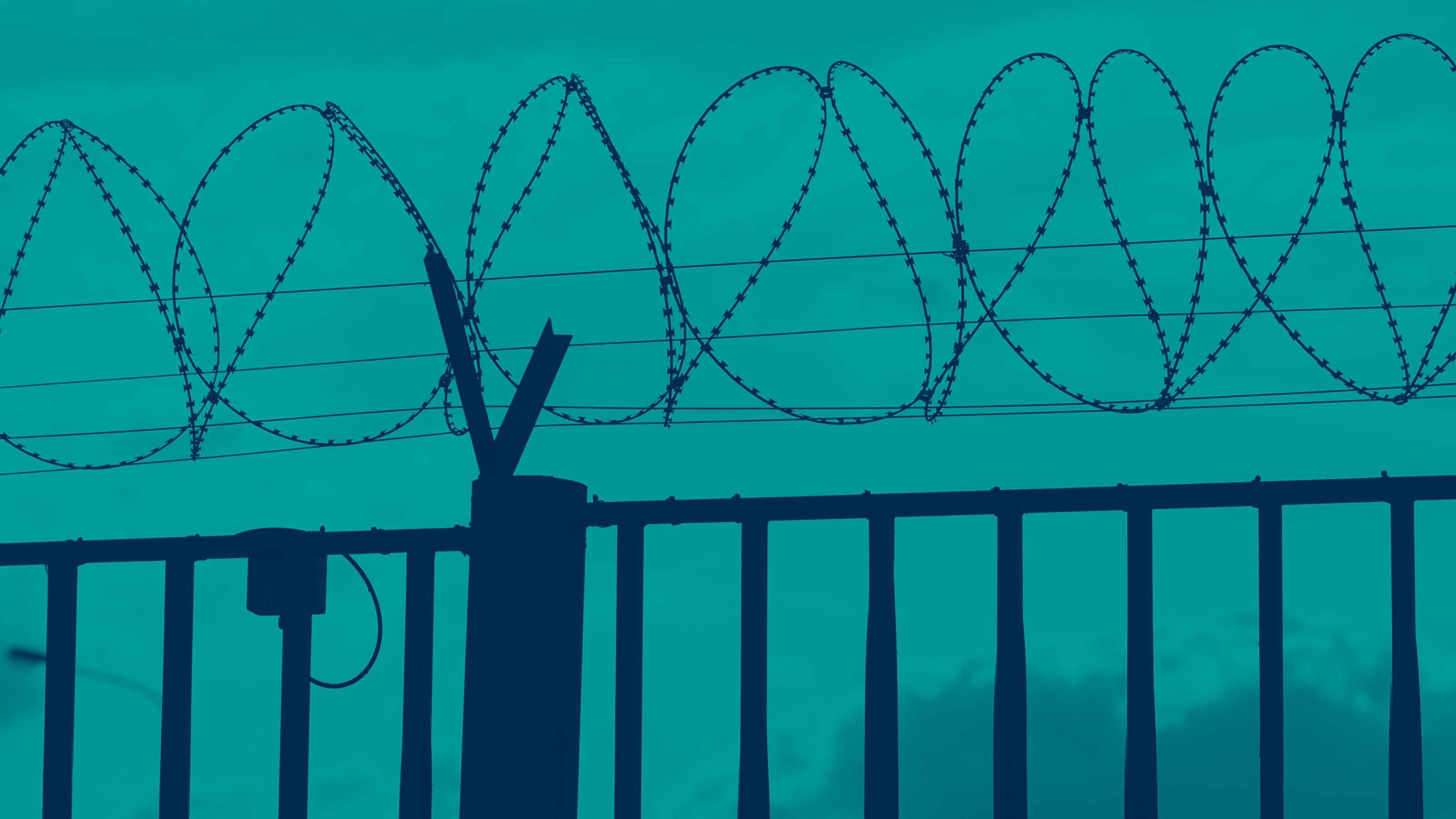Registration
You will receive an email confirming your registration.
Under the Trump administration, robust efforts were made to strengthen the U.S.-India relationship. As a result, ties between the two countries reached new heights, particularly in the sphere of defense. The impetus behind such cooperation is the growing rivalry with China, among other factors. Yet, despite these positive steps, there is still much to be done if the U.S.-India security relationship is to be solidified. With a new administration in Washington, how can the U.S. and India forward each other’s strategic interests? What policies can the U.S. implement to ensure further progress in defense and security ties amongst other facets of its relationship with New Delhi? And finally, what could be the main impediments hindering such measures?
Carnegie India hosted Joshua T. White for a discussion of his paper ‘After the Foundational Agreements: An Agenda for U.S.–India Defence and Security Cooperation’. The discussion was moderated by Srinath Raghavan.
Discussion Highlights
- Broadening the Relationship: Participants agreed that the present state of the relationship emphasized on security, to the detriment of other elements of the relationship. They noted that the two countries still had strong disagreements on matters of trade. Participants argued that ties premised on defense would not be sustainable in the long run and would threaten the prospects of closer U.S.-India ties. They advocated for stronger cooperation in fields of climate change and trade and the economy as necessary to build a strong relationship.
- Strains in Indo-U.S. Ties: Participants agreed that the U.S.-India bilateral relationship still contained some prominent issues which impeded further cooperation. For instance, the Biden administration’s emphasis on democratic values and human rights and India’s association with countries such as Russia and Iran could impact ties. Some participants suggested, however, that these issues were present at a more fundamental level and included the question of commitment and reliability. Both sides fear that the other was not fully committed to carrying forward stronger ties. Such concerns are evident when examining the China policy of the two countries. Here policymakers in both the U.S. and India questioned if the other side could maintain a consistent position on China.
- The China Question: Participants noted that Beijing’s growing assertiveness allowed for a convergence of geopolitical interests between the U.S. and India. They discussed the U.S. policy vis-à-vis the Sino-Indian border standoff and the possible motives for China to engage with India at the border. Some participants suggested that Chinese actions could be a broader strategy for South Asia. Participants also drew parallels between the on-going tensions along the Sino-Indian border and China’s contentious moves in the South China Sea during the second Obama administration.
- Avenues for Cooperation: Participants deliberated on how security cooperation could propel U.S.-India defense ties forward. They agreed that the two countries will have to work on building on the foundational agreements on security cooperation and suggested testing the foundational agreements in intense operational exercises, conducting joint research in accessible forms of defense technology, and establishing the capability requirements that could be furthered through security ties. Participants added that such forms of cooperation should be possible without requiring an alliance with India.
This event summary was prepared by Tisyaketu Sirkar, a research assistant at Carnegie India.
